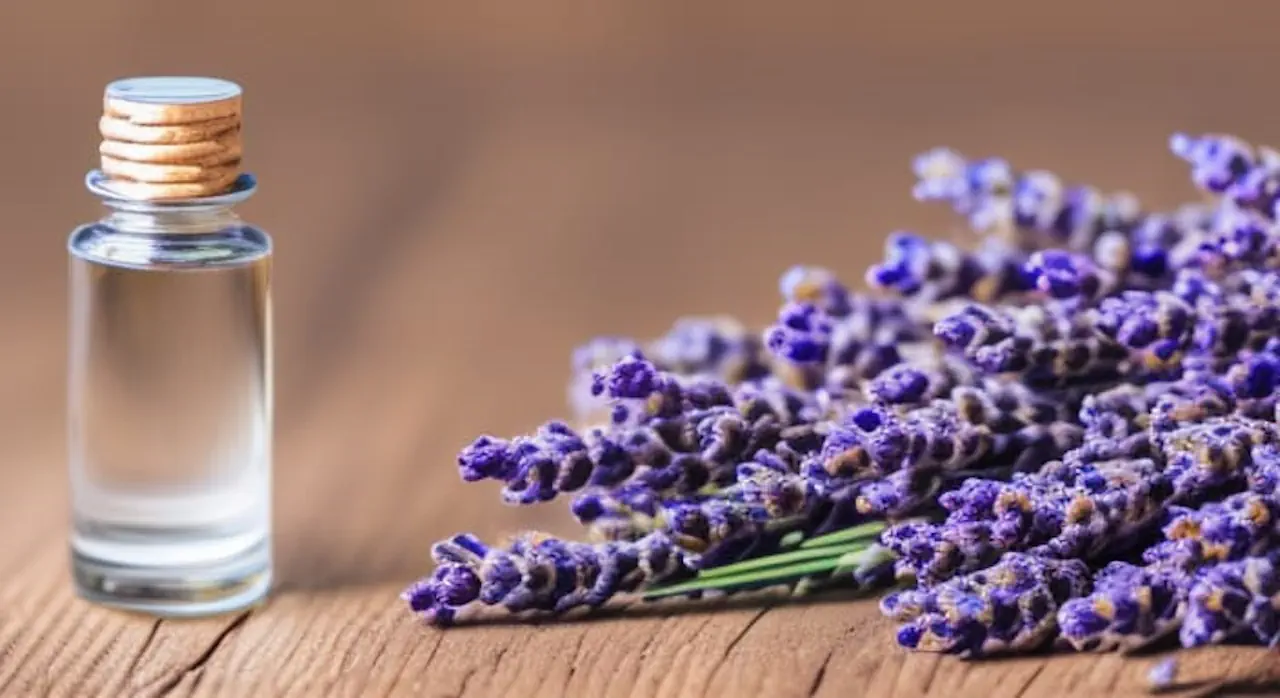Lavender oil, derived from the fragrant lavender plant, has captivated people for centuries with its soothing aroma and versatile properties. This essential oil is renowned for its various uses, ranging from aromatherapy to skincare and beyond. Its calming scent and potential therapeutic effects make it a staple in many households. In this article, we’ll explore the origins, benefits, and applications of lavender oil.
Historical Significance and Origins
Lavender, scientifically known as Lavandula angustifolia, is a flowering plant belonging to the mint family, Lamiaceae. Native to the Mediterranean region, lavender has been cherished for its aromatic and medicinal qualities since ancient times. The name “lavender” is derived from the Latin word “lavare,” meaning “to wash,” highlighting its historical use in baths and personal care.
Extraction Process
Lavender oil is typically extracted through steam distillation from the plant’s flowers. The process involves carefully steaming the flowers to release their essential oils, which are then condensed and collected. This oil contains a complex mixture of active compounds, including linalool, linalyl acetate, and other terpenes, which contribute to its unique properties.
Benefits and Uses of Lavender Oil
1. Aromatherapy: Lavender oil is widely recognized for its role in aromatherapy, a holistic practice that utilizes essential oils to promote physical and emotional well-being. The calming and relaxing aroma of lavender oil can help reduce stress and anxiety. Inhaling the scent of lavender oil can have a soothing effect on the nervous system, helping to alleviate tension and promote a sense of calm.
2. Sleep Aid: The sedative properties of lavender oil make it a popular choice for improving sleep quality. Diffusing lavender oil in the bedroom before bedtime or adding a few drops to a cotton ball placed under the pillow can create a calming environment that encourages relaxation and better sleep. Its scent can help reduce racing thoughts and promote a peaceful sleep experience.
3. Skin Care: Lavender oil offers several benefits for skin health:
- Acne Treatment: Lavender oil has natural antibacterial and anti-inflammatory properties that can be beneficial for managing mild acne. Diluted lavender oil can be applied to acne-prone areas to help reduce inflammation and support the healing process.
- Wound Healing: Lavender oil’s antiseptic properties make it a potential aid in wound healing. Applying diluted lavender oil to minor cuts, scrapes, or burns might help prevent infection and promote faster healing.
- Eczema and Irritation: The soothing nature of lavender oil can provide relief for skin irritations, including eczema. Adding a few drops of lavender oil to a carrier oil (such as coconut oil) and applying it to the affected area can help alleviate itching and discomfort.
4. Pain Relief: Lavender oil’s analgesic properties can make it useful for addressing various types of pain:
- Muscle Pain: Massaging diluted lavender oil onto sore muscles can help relax tension and reduce discomfort. The oil’s anti-inflammatory effects can contribute to pain relief.
- Headaches: Applying a small amount of diluted lavender oil to the temples and gently massaging can provide relief from headaches and migraines.
5. Hair Care: Lavender oil has benefits for hair health and scalp conditions:
- Hair Growth: Some studies suggest that lavender oil may stimulate hair follicles and promote hair growth. Adding a few drops of lavender oil to your regular shampoo or creating a hair mask with lavender oil can support hair health.
- Dandruff and Scalp Irritation: Lavender oil’s antifungal properties can help address dandruff and scalp irritation. Mixing lavender oil with a carrier oil and gently massaging it into the scalp can provide relief.
6. Respiratory Support: Inhaling the steam of lavender oil-infused water can offer respiratory benefits:
- Congestion Relief: Adding a few drops of lavender oil to a bowl of hot water and inhaling the steam can help relieve congestion and clear nasal passages.
- Cough Relief: The antimicrobial properties of lavender oil might help soothe a sore throat and reduce coughing when inhaled.
7. Insect Repellent: Lavender oil’s pleasant scent is a natural insect repellent. Mixing a few drops of lavender oil with a carrier oil and applying it to exposed skin can help keep mosquitoes and other insects at bay.
8. Emotional Well-being: Beyond its physical benefits, lavender oil is known for its positive impact on emotional health:
- Anxiety and Stress: The aroma of lavender oil has been shown to reduce symptoms of anxiety and stress. Using lavender oil in relaxation techniques, such as meditation or deep breathing, can enhance the calming effects.
Safety Precautions
- Patch Test: Before applying lavender oil to your skin, perform a patch test on a small area to check for any adverse reactions.
- Dilution: Lavender oil is potent and should be diluted with a carrier oil (such as coconut oil or jojoba oil) before direct skin application.
- Consultation: If you are pregnant, nursing, have a medical condition, or are taking medications, consult a healthcare professional before using lavender oil.
Lavender oil’s captivating fragrance and versatile properties make it a valuable addition to daily wellness routines. Its potential benefits in promoting relaxation, aiding sleep, skincare, and more have cemented its status as a popular essential oil. Whether used in aromatherapy, skincare, or hair care, lavender oil continues to be celebrated for its natural and holistic qualities.

